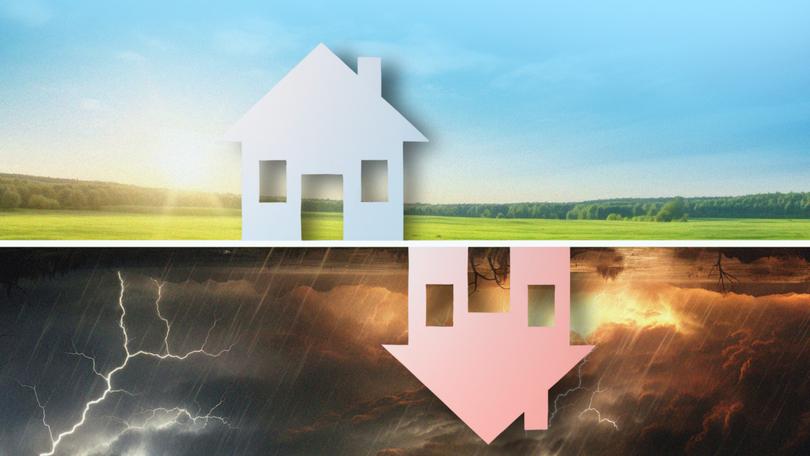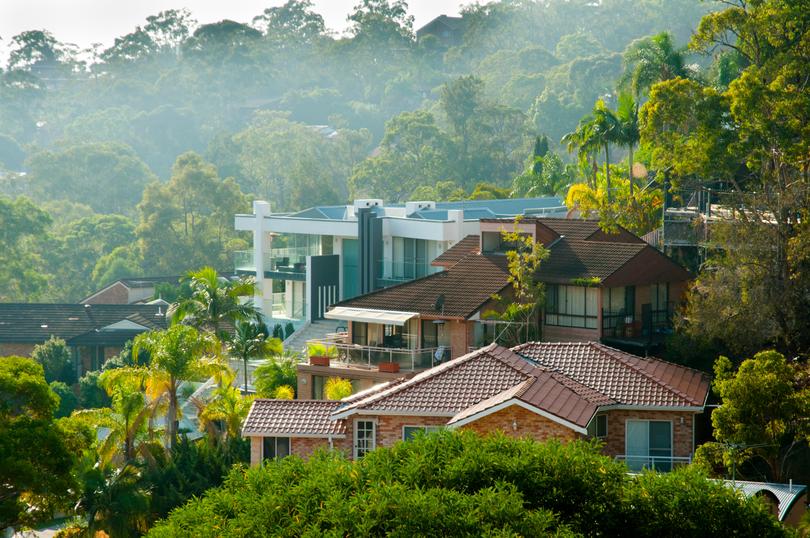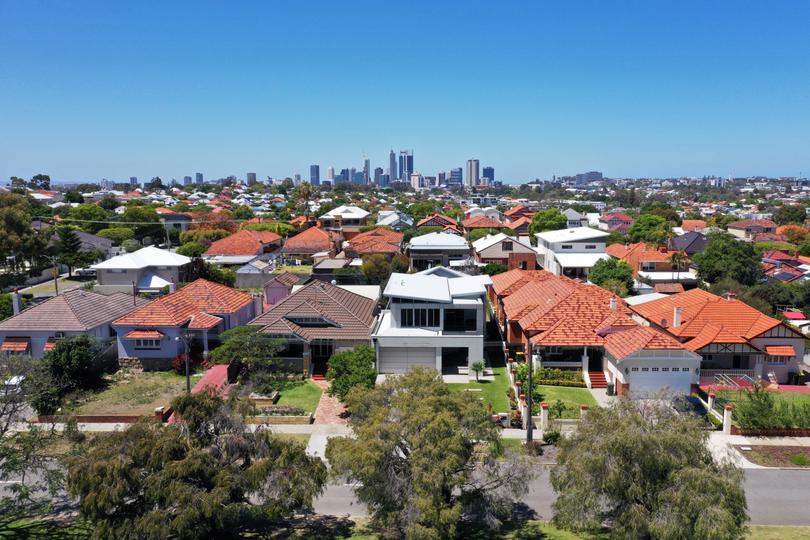Winners and losers: If you bought at the peak of Australia’s property market, have you lost out?
Australia’s property market has been split in two, with nearly half the country’s capital cities seeing prices slump by up to almost $90,000 while others enjoy gains of around $150,000. So who is losing out?

Picture this, you bought into the property market two years ago, when across the country many markets were at their peak.
Interest rates had been at first cut, then on hold for just over two years and spending on other big ticket items such as travel was limited during COVID, so for many there never seemed a better time to buy.
Ups and downs
Sign up to The Nightly's newsletters.
Get the first look at the digital newspaper, curated daily stories and breaking headlines delivered to your inbox.
By continuing you agree to our Terms and Privacy Policy.However, since then Australia’s property market has been split in two, with nearly half the country’s capital cities seeing prices slump by up to almost $90,000 and the others seeing gains up to roughly $150,000 in the past two years, recent analysis shows.
CoreLogic research director Tim Lawless found that since interest rates began to rise in May 2022, overall property values including houses and units in Melbourne, Hobart and Canberra have fallen by 3.7 per cent , 10.9 per cent and 6 per cent respectively.
House values fared worse.
In Hobart they fell by 11 per cent, or $87,700 based on the median house price in April 2022 compared with April this year. In Melbourne, the median house price dipped by $41,244 and in Canberra it came down by $74,599.
Conversely in Perth, Adelaide and Brisbane, prices skyrocketed — with the median house price in Perth and Adelaide gaining $154,293 and $103,145 respectively, and the median unit price in Brisbane increasing by $103,304.
Sydney and Darwin saw very small gains — 0.4 and 1.9 per cent respectively for all dwellings.
Staying in the game
Mr Lawless said though some cities had seen property values fall in the past two years, they had still increased since 2020 in every capital and regional market.
“If you’ve been in the market for some time, you’ve seen values rise,” Mr Lawless said.

Homeowners who bought in Melbourne, Hobart and Canberra at the peak in early 2022 may now be in negative equity, he said, but that it was unlikely to affect their overall wealth too much.
“You don’t see a loss unless you sell,” he said. “Most people hold their property for at least seven years.”
He said even if someone did need to sell now after buying at the peak, they would still likely come away with some profit — particularly if they were in Melbourne.
“Chances are you won’t see negative equity because the falls have been relatively low percentage-wise, and it depends on how much your deposit was.”
He said high rates usually did impact property values, sending them downward as what had occurred in the three aforementioned cities and to some extent Sydney, where prices were still only a touch higher than their peak.
Perth, Adelaide and Brisbane’s trend-bucking was partly due to an influx of new residents from both interstate and overseas and the cities’ relatively affordable prices compared with Sydney and Melbourne.
What next
“But the one factor propping up house prices is an imbalance of supply and demand,” he said.
New houses were not being built quickly enough, with builders facing labour shortages and a hangover of high material costs due to COVID supply chain woes.

Mr Lawless said interest rate cuts — which were tipped to fall at some point in the next six to 12 months — usually meant higher house prices, but this time that may not be the case.
“Low rates might lead to more developers in the market and therefore more stock being built, which could mean prices come down,” he said.
This story was first published on view.com.au as If you bought at the peak of the market, have you lost out?
